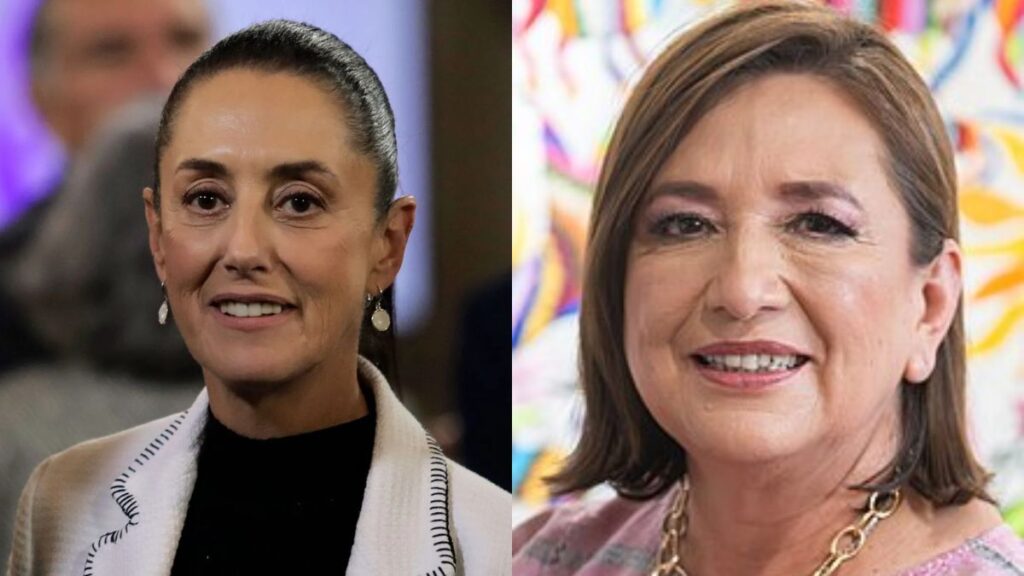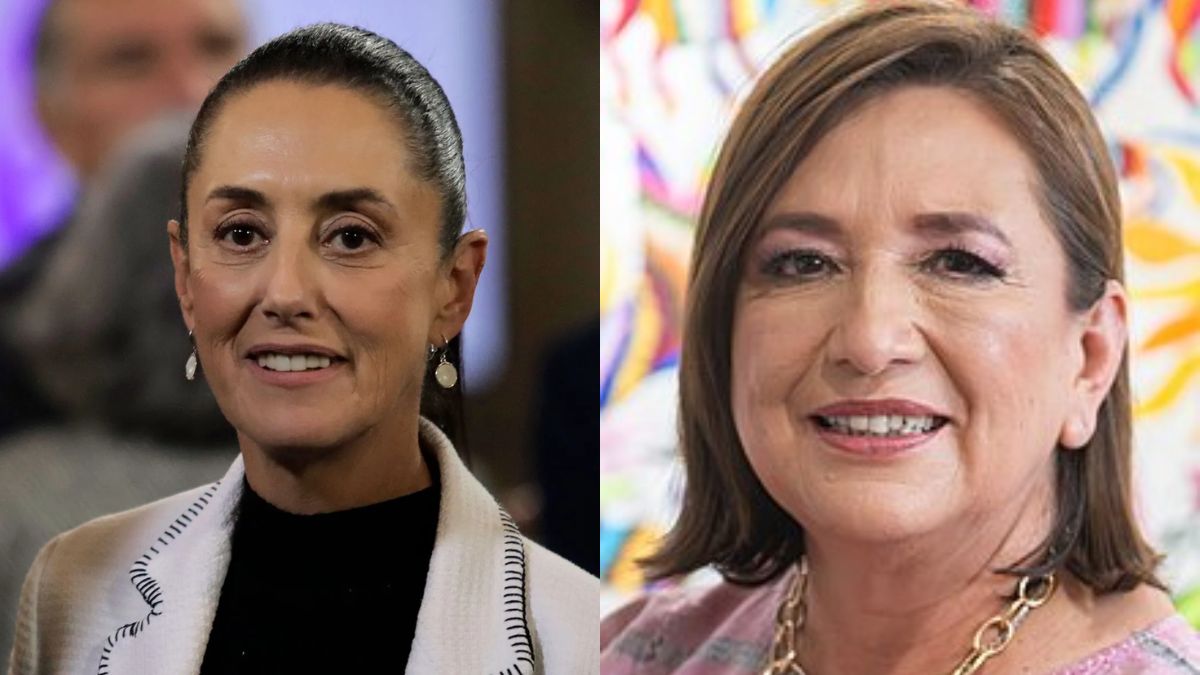
On Sunday, Mexicans cast their votes in a groundbreaking presidential election prominently featuring two female candidates. This is a historic moment in a nation grappling with a deep-rooted history of gender-based violence and discrimination. Claudia Sheinbaum, representing the governing party, is a former mayor of Mexico City and a climate scientist by profession. She maintained a substantial 17 percentage point lead over her main opponent, Xochitl Galvez, a tech entrepreneur running with the support of a coalition of opposition parties, on the eve of the vote. The only male candidate, centrist Jorge Alvarez Maynez, was significantly behind, as the particularly violent campaign season, marked by numerous candidate murders, came to an end.
Search
Recent Posts:
- OpenAI Brings ChatGPT to be used in WhatsApp: Here’s How It Works and What You Can Do To Use It.
- Realme 14x 5G: A Budget Smartphone With Premium Features.
- Exploring Apple Genmoji: A New Era of Custom Emoji Creation.
- 2024 United States Presidential Election: Donald Trump Declares Victory in 2024 Presidential Election
- Chancellor Olaf Scholz’s Visit to India: Advancing Indo-German Cooperation on Defense, Trade, and Regional Stability.
Historic Female Leadership Set to Transform Mexico Amidst Ongoing Challenges
The near-certain victory of a woman in this election is set to break the highest political glass ceiling in Mexico. This is especially poignant in a country where approximately 10 women or girls are murdered daily. This election underscores the tremendous progress women have made in Mexican politics, a realm they were entirely excluded from until 1953, when women gained the right to vote. Both leading candidates bring with them significant political experience and credentials. Xochitl Galvez has served as a senator, while Claudia Sheinbaum governed Mexico City, one of the largest cities in the Western Hemisphere.
Despite the intense focus on Sheinbaum and Galvez, much of the election’s discourse has revolved around a figure who isn’t on the ballot but has cast a long shadow over the proceedings: the current president, Andres Manuel Lopez Obrador (often referred to by his initials, AMLO). Lopez Obrador, who is broadly popular across the nation, remains a polarizing figure. His administration has implemented policies that have been both lauded and criticized. He has doubled the minimum wage and utilized cash transfer programs to lift millions out of poverty. However, his empowerment of the military and steps perceived by many as weakening democratic institutions have sparked significant debate and division.
Lopez Obrador’s Legacy Fuels Unprecedented Election Showdown
Lopez Obrador’s influence has dramatically disrupted establishment politics in Mexico. This disruption prompted an unusual and uneasy alliance of three political parties—from the right, center, and left—to come together in support of Galvez. Claudia Sheinbaum has mainly appealed to voters by promising to continue Lopez Obrador’s legacy and policies. In contrast, Xochitl Galvez has positioned herself as the choice for those dissatisfied with Lopez Obrador’s leadership, vowing to reverse many of his controversial policies and implement new directions for the country.
The stakes in this election are high, with the winner facing daunting challenges. Among these are persistent cartel violence and Mexico’s middling economic performance. The country’s security situation remains dire, with cartel-related violence continuing to plague many regions. Economic growth has also been lackluster, and the new president will need to address these significant issues head-on.
Almost 100 million people are registered to vote in this monumental election. Besides electing the president, voters are also choosing governors in nine of the country’s 32 states, members for both houses of Congress, thousands of mayors, and various other local officials. This makes it the most extensive electoral exercise Mexico has ever witnessed.
The Historic Rise of Women in Mexican Politics
The context of this election also sheds light on the evolving role of women in Mexican society. For decades, women in Mexico have struggled against systemic barriers and discrimination. The political ascendancy of figures like Sheinbaum and Galvez highlights the strides made in recent years. Women’s participation in politics is not only increasing but also gaining prominence, a significant shift from the mid-20th century when they were entirely excluded from the political arena.
Claudia Sheinbaum, with her background in science and public administration, represents a continuity of Lopez Obrador’s policies. Her governance of Mexico City has been marked by significant infrastructural projects and initiatives aimed at improving urban mobility and environmental sustainability. Her academic background in climate science also brings a unique perspective to national governance, particularly in an era where climate change is a pressing global issue.
Galvez’s Business-Oriented Approach Challenges Political Status Quo
On the other hand, Xochitl Galvez offers a contrasting vision. As a tech entrepreneur, she brings a business-oriented approach to politics, emphasizing innovation, technological advancement, and economic reforms. Her political career, including her tenure as a senator, has focused on social development, indigenous rights, and combating corruption. Her candidacy represents a coalition of opposition parties, a testament to the fragmented nature of Mexican politics in the face of Lopez Obrador’s dominant political movement.
As Mexicans head to the polls, the world watches closely. This election is not just a local political event; it is a reflection of broader societal changes, the struggle for gender equality, and the ongoing battle for democracy and development in Mexico. The results will have profound implications for the country’s future, shaping its political, economic, and social landscape for years to come. Whether Sheinbaum or Galvez emerges victorious, the election marks a pivotal moment in Mexico’s history, demonstrating the significant progress made and the challenges that still lie ahead.
To read more topics, please visit: https://insightfulbharat.com






